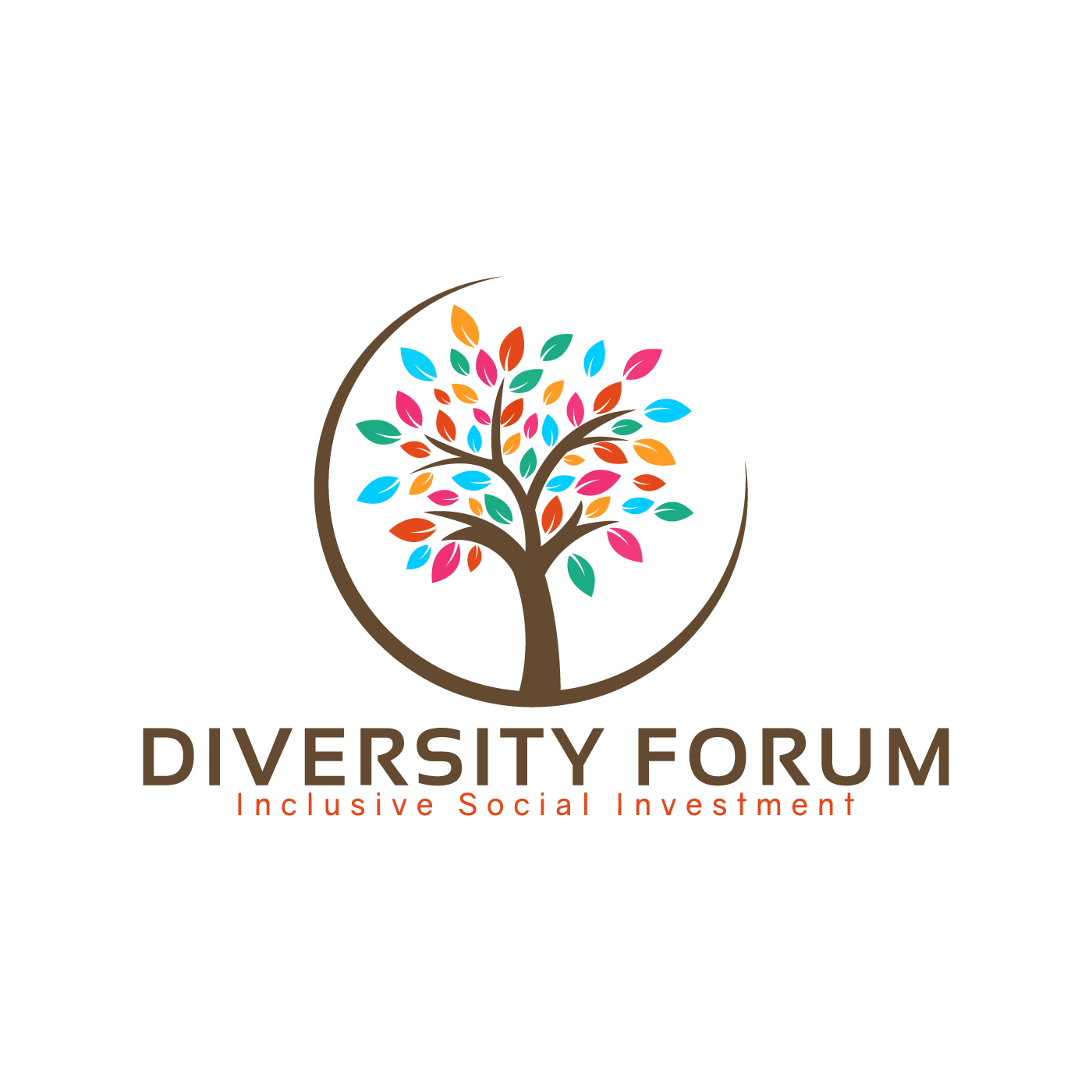The Future of EDI in Social Investment: Insights, Reflections, and Next Steps
The Diversity Forum recently hosted 'The Future of EDI in Social Investment' — a dynamic event that brought together leading voices from across the ecosystem to discuss how we can sustain progress on equity, diversity, and inclusion (EDI) and drive systemic change across the sector.
The event, hosted in partnership with Better Society Capital, featured an engaging roundtable discussion with speakers Patricia Hamzahee (Black Funding Network & Diversity Forum), Amy Gutcher (Sumerian Partners), James Adeleke (Generation Success), Mark Norbury (UnLtd), and Annelise Sauter (Better Society Capital & Diversity Forum). The conversation explored the current state of EDI in the sector, accountability, leadership, and what must happen next to embed inclusion in funding, governance, and decision-making
Highlights from the Stakeholder Survey
As part of the event, Atlyn Forde, Associate for the Diversity Forum and CEO of Communicate Inclusively, shared findings from the recent Stakeholder Survey, conducted to inform the Forum’s next phase of strategic development.
Over 30 respondents — including Diversity Forum signatories, investors, fund managers, and ecosystem partners — contributed to the review.
What we’re doing well:
• Manifesto accountability
• Resources and toolkits
• Events and convening spaces
• Peer learning and influencing conversations
• Average effectiveness rating: 3.3 / 5
Top priorities for the next 12–24 months:
• Sector-wide data and accountability
• Practical tools and guidance
• Thought leadership and influence
• Leadership development
• Partnerships and collaboration
What the sector values most:
“There’s still a lack of accessible social investment… diverse-led fund managers who try to do things differently can’t raise because nobody will back anything that doesn’t have a substantial track record.”
“Publish the targets and progress towards them. Change the approach from ‘selection’ to inclusion for impact.”
“No accountability, no clear standards, no obvious motivation to commit to embedding EDI.”
Respondents also called for a more consistent and visible Diversity Forum, with permanent resource, regular communications, and a year-round calendar of practical, collaborative activities:
“We need a dedicated, permanent resource – a clear call-to-action website, communications, case studies, and peer learning – being as practical as possible.”
The survey findings reaffirm the sector’s appetite for evidence-based accountability, data transparency, and stronger collaboration to accelerate inclusion.
Key Themes from the Event Discussion
Is money truly the barrier?
Participants questioned whether the challenge lies in resources or in systemic will to implement solutions.
Response: “Money alone will not solve all the needs that underrepresented parts of the third sector have. Time and non-financial support are equally important — as shown by the UnLtd model and Access Foundation’s pre- and post-investment support.”
Rewriting the investment playbook
Attendees noted that social investment emerged from traditional finance systems that don’t always fit purpose-led organisations.
Response: “We agree — some traditional models don’t work for social investment. That’s why we’re supporting managers testing innovative approaches such as Equalising Deal Terms. But we also need to ensure new models attract other limited partners for long-term sustainability.”
Centring user voice and lived experience
Several participants highlighted the limited involvement of social entrepreneurs and people with lived experience in shaping sector strategies.
Response: “We encourage centring user voice as part of our EDI due diligence, though we recognise the barriers — time, cost, and uncertainty about how to start. Good Finance has developed a new ‘User Voice’ training programme to help address this.”
Frameworks for progress
Comparisons were made with environmental goals, where frameworks such as Net Zero maturity levels provide a clear roadmap.
Response: “We agree that structured frameworks can accelerate progress. Alongside Diversity Forum’s plans for future benchmarking, existing models like the Diversity VC Standard can provide useful guidance. We also assess EDI maturity as part of our due diligence process.”
Looking Ahead
The event reinforced that progress on EDI requires collective action, long-term commitment, and shared accountability. Participants agreed that the sector must continue to move from discussion to implementation — embedding inclusion into governance, funding criteria, and investment practices.
The Diversity Forum will use the survey insights and discussion outcomes to shape its three-year strategy, focusing on:
Establishing a data and accountability framework
Expanding practical tools, advisory, and self-assessment support
Piloting a membership and accreditation model
Anchoring thought leadership in sector-specific insights
Integrating user and investee voice
“The Diversity Forum needs to be a thought leader within the sector, with investors and with government. This requires strong evidence and active challenge.” – Survey respondent
To stay involved and help shape the future of EDI in social investment, sign up for updates or get in touch at info@diversityforum.org.uk.


